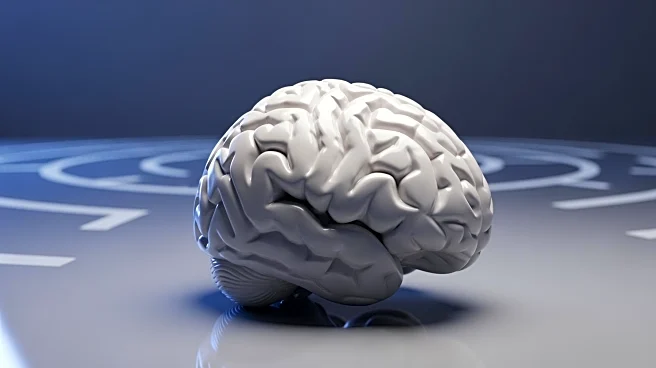What's Happening?
Richard Thaler, a Nobel Prize-winning economist, discusses the limitations of traditional economic models that assume rational human behavior. In a podcast interview, Thaler explains how behavioral economics
integrates psychological insights into economic analysis, challenging the notion of 'homo economicus'—the perfectly rational economic actor. He highlights examples such as the ultimatum game, where real-world decisions often deviate from rational predictions. Thaler's work has influenced policy changes, particularly in pension savings, by advocating for automatic enrollment to increase participation rates.
Why It's Important?
Thaler's insights into behavioral economics have significant implications for public policy and economic theory. By recognizing that human decisions are not always rational, policymakers can design more effective interventions that account for actual human behavior. This approach has led to successful policy changes, such as increased participation in retirement savings plans through automatic enrollment. Understanding behavioral economics can improve predictions and analyses in various sectors, including finance, healthcare, and consumer behavior, ultimately leading to more efficient and equitable outcomes.
What's Next?
The continued integration of behavioral economics into policy and practice may lead to further innovations in how governments and organizations approach decision-making and resource allocation. As more data becomes available, economists and policymakers can refine their models to better predict and influence human behavior. Thaler's work suggests that future economic theories may increasingly incorporate behavioral insights, potentially transforming traditional economic paradigms.
Beyond the Headlines
Thaler's discussion raises ethical considerations about the use of behavioral insights in policy-making, particularly regarding autonomy and consent. While nudges can lead to positive outcomes, they also pose questions about the balance between guiding behavior and respecting individual choice. As behavioral economics gains traction, these ethical dimensions will become increasingly important in shaping policy and public discourse.









